
Optical cavities could be key to next generation interferometers
A new concept has been developed that has the potential to assist new instruments in the investigation of fundamental science topics such as gravitational waves and dark matter.

A new concept has been developed that has the potential to assist new instruments in the investigation of fundamental science topics such as gravitational waves and dark matter.
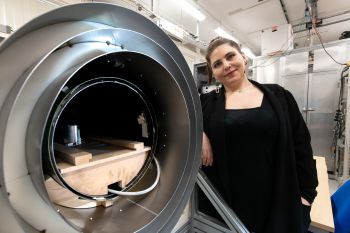
New highly sensitive quantum sensors for the brain may in the future be able to identify brain diseases such as dementia, ALS and Parkinsons, by spotting a slowing in the speed at which signals travel […]

The UK Quantum Technology Hub Sensors and Timing are pleased to announce the third Call for Proposals for the Quantum Technology Partnership Resource Fund (PRF).
A transportable, standalone quantum navigation system designed for large vehicles such as ships and trains will be among the many exhibits hosted by researchers at the UK Quantum Technology Hub Sensors and Timing at the […]
A transportable, standalone quantum navigation system designed for large vehicles such as ships and trains will be among the many exhibits hosted by researchers at the UK Quantum Technology Hub Sensors and Timing at the […]
University of Birmingham researchers are collaborating with BT to deliver a prestigious Industrial Fellowship awarded by the Royal Commission for the Exhibition of 1851. The fellowship was awarded to research professional Liam Bussey, who has […]
A ground-breaking new project spearheaded by UK Quantum Technology Hub Sensors and Timing researchers at the University of Birmingham and the National Physical Laboratory (NPL) will see a fibre optic cable installed underneath the University’s campus, connecting all the […]
A wearable brain imaging system developed by Hub researchers through the recently launched spin-out company Cerca Magnetics has been installed at the Hospital for Sick Children (SickKids) in Toronto for ground-breaking research into autism. This […]
Researchers at the Quantum Technology Hub have been awarded £29,000 from the UK Carbon Capture and Storage Research Centre (UKCCSRC) to further research into how quantum gravity sensors can contribute to detecting and monitoring the […]
In June 2021, researchers from the QT Hub’s radar team conducted live trials at Cranfield Airport with birds of prey and drones to further research on quantum-enabled radar capabilities for airspace detection. Once developed, quantum-enabled […]
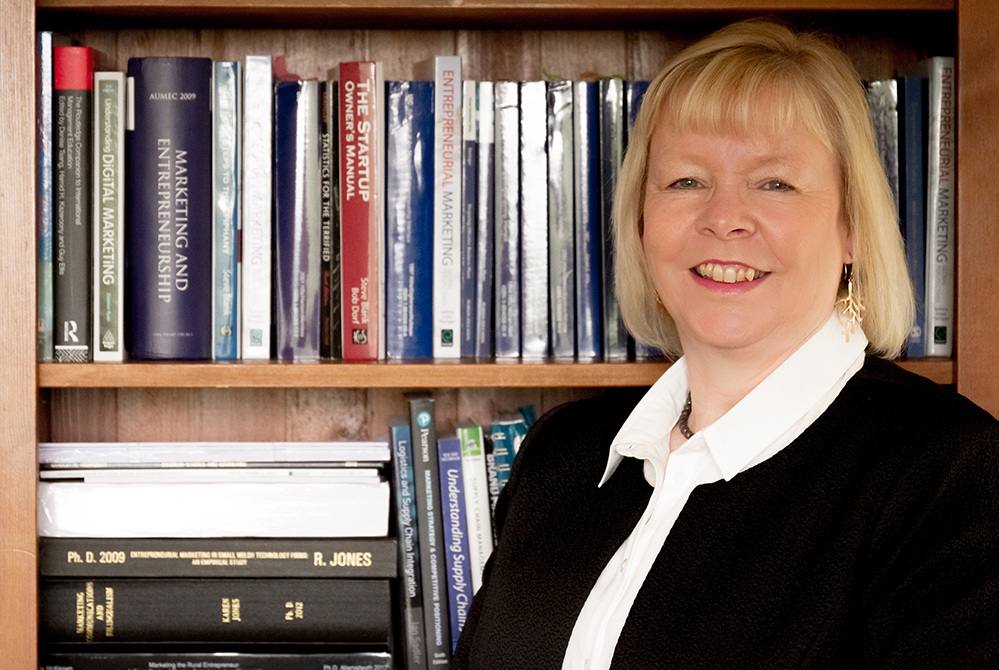
The primary aim of the UK Quantum Technology Hub Sensors and Timing has always been to take technology out of the labs into the marketplace, where it can be translated into real-world applications. Professor Rosalind […]
A team of Hub researchers at the University of Sussex have for the first time built a modular quantum brain scanner, and used it to record a brain signal. This is the first time a […]
In order to create resilient systems in our critical national infrastructure, we cannot allow for single point failures. And yet, our most commonly used satellite navigation system has vulnerabilities which allow exactly this. System weaknesses […]
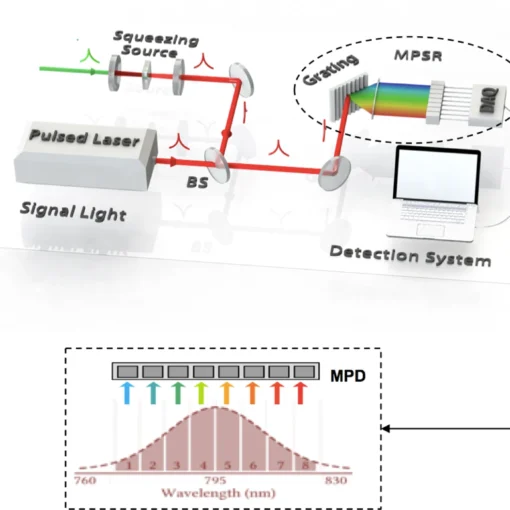
The researchers developed a multi-pixel spectrally resolved detector system that can simultaneously measure multiple parameters of optical frequency combs (mean energy, central frequency, and spectral bandwidth) in a single shot, achieving and even surpassing the standard quantum limit by utilizing quantum frequency combs with multiple squeezed states.

Hannah Coleman is a student at the University of Nottingham. She recently co-wrote an article with Professor Matthew Brookes in Physics World on brain sensing MEG scanners. Hannah Coleman I am a final year physics […]
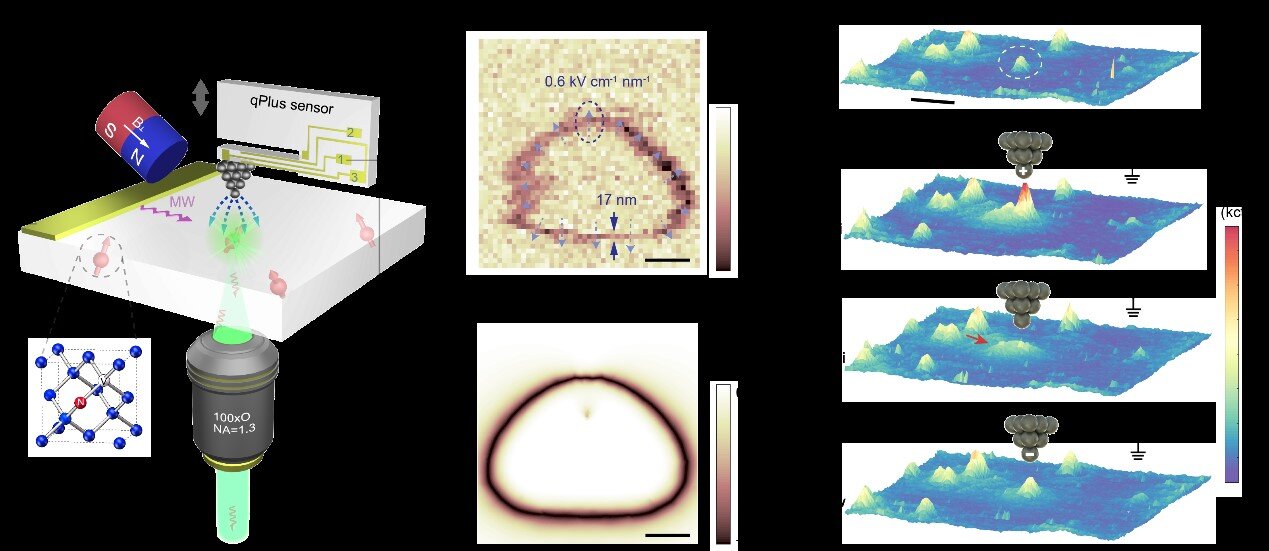
Researchers at Peking University have developed a scanning quantum sensing microscope by using a solid-state qubit, Nitrogen-Vacancy (NV) center, as the quantum sensor. They have, for the first time, realized NV-based nanoscale electric-field imaging and […]
In a recent New Civil Engineer article, Professor Paul Jowitt, professor at the Institute of Engineering and Environment at Heriot Watt University, emphasised the important role played by civil engineers in helping to ‘bring a […]
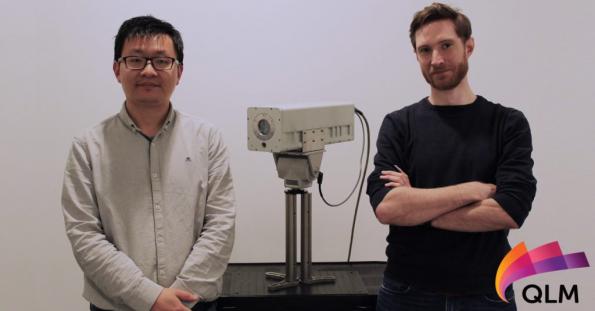
QLM, a quantum-enabled gas sensor startup, in the UK has raised £3.1m (€3.6m) in a seed investment. The company has developed a lidar camera using quantum photon sensor that can detect methane, a key greenhouse gas, […]

About a year ago, a team from the Institute of Physics at Julius-Maximilians-Universität (JMU) Würzburg in Bavaria, Germany, succeeded in creating spin defects, also known as qubits, in a layered crystal of boron nitride and […]
Flying taxis sound improbable but are actually just a short time away from being realised. A recent Economist article highlighted the growing investment being poured into this new vehicle sector across the world, and in […]
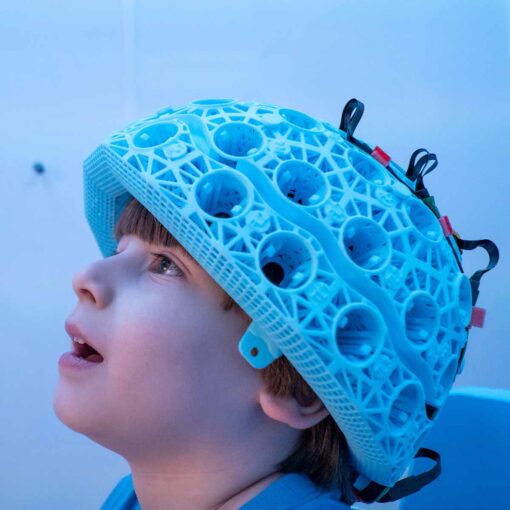
A wearable brain scanner is being used, for the first time, to investigate the brain activity in elderly people whilst driving a car.
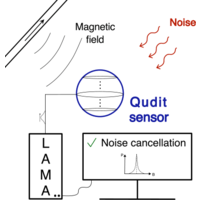
A research team around Quantum tech startup Terra Quantum pushed sensing capacity beyond what has previously been achievable by exploiting quantum resources.
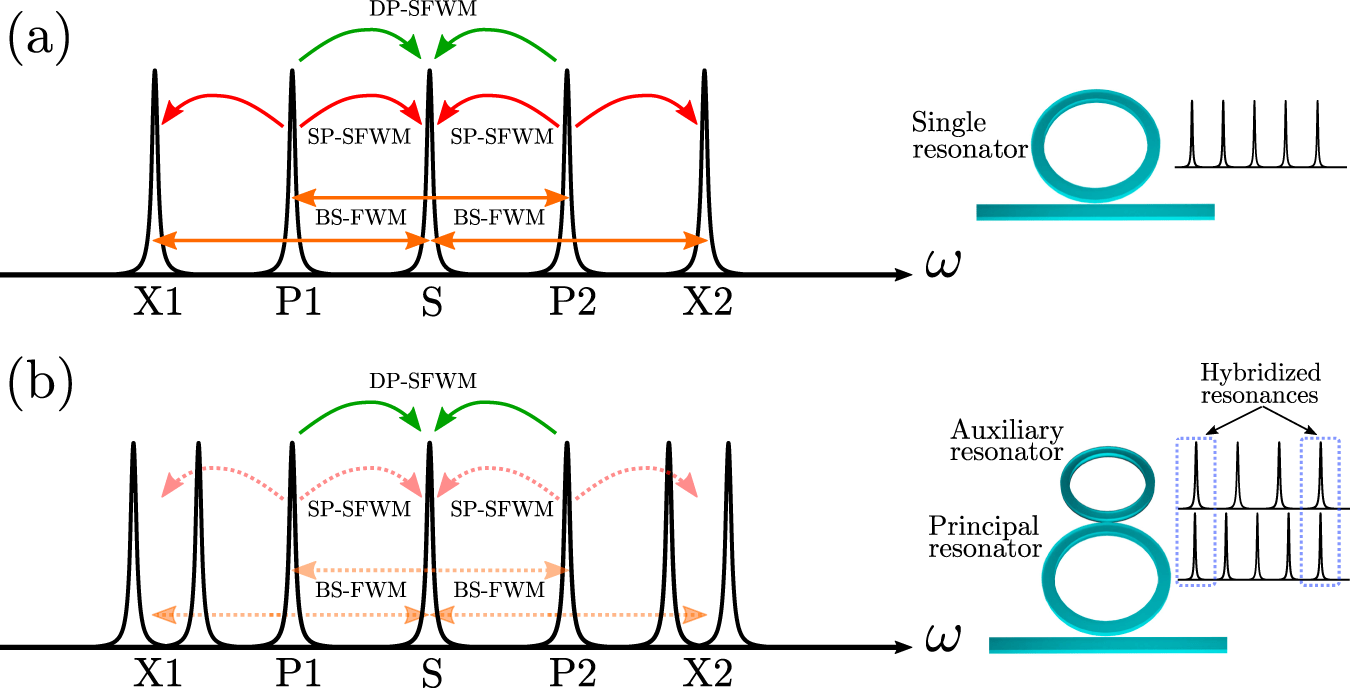
Squeezed light sources are a fundamental building block of photonic technologies for quantum information processing. Squeezing is an essential resource for quantum sensing and a wide range of quantum computing algorithms. Recently, much effort has […]
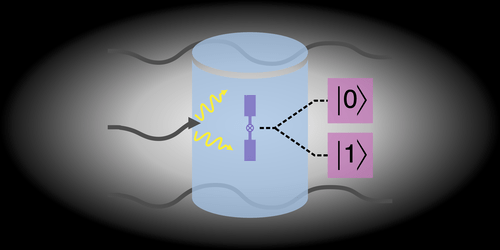
A detector made from superconducting qubits could allow researchers to search for dark matter particles 1000 times faster than other techniques can. Dark matter particles, such as axions and hidden photons, are theorized to occasionally […]

Atomionics, a Singapore-based startup which develops quantum sensors that enable navigation without GPS, has raised S$2.5 million in seed funding led by Wavemaker Partners, in partnership with SGInnovate and Cap Vista. Atomionics was founded in […]
